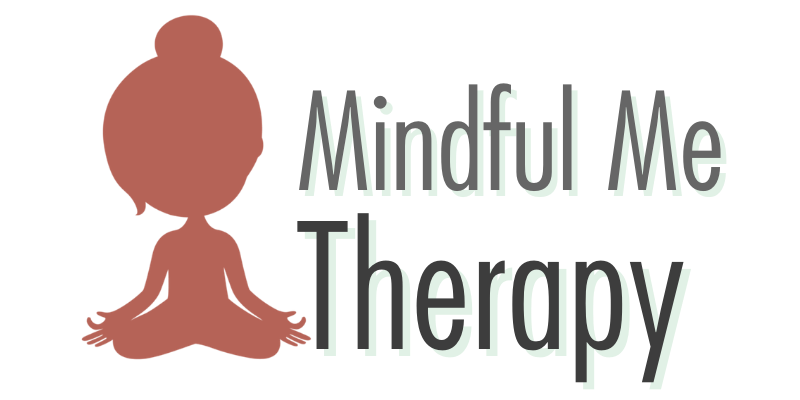Blog
Your hub for free resources, tools to support early childhood development, and community engagement
Select Category:

Celebrating Neurodiversity
In a world that constantly strives for conformity, celebrating neurodiversity is a crucial step toward fostering inclusivity and understanding. Neurodiversity acknowledges that there is a wide spectrum of neurological differences, and it emphasizes the value of embracing these diversities rather than trying to fit everyone into a single mold.

We Don’t Need To Fix Autism
Autistic children should not be taught to be more “normal”. Autistic children deserve to be included in the same way all children do. True inclusion is about creating a community that values and holds differences in high regard.

Joint Attention
Joint attention is when two people are interested in an object, event, or something in the environment and there is an understanding that they are both interested in that thing. For example, a child may look at a toy, look at their parent and then look back at the toy. This shows that they are aware of and enjoy knowing their parent is looking at the same thing.

Parenting shy children
All children have different temperaments. Unfortunately, many educational settings are geared towards outgoing, extroverted children. As a therapist, kids yoga teacher and former preschool teacher I have seen this play out so often in classrooms I’ve been in. It’s easy to focus on the children who are commanding our attention and just as easy to overlook the child who is keeping to themselves.

How To Build A Morning Routine
Children who have consistent routines are less anxious. Routines help you set clear and consistent boundaries and help you avoid power struggles. Having structure throughout the day is important. In particular having a simple and effective morning routine can set your whole day up for success. This means more time for connection and less meltdowns.

Teach Your Child Mindfulness
Teaching your child how to practice mindfulness when they are young will give them a tool they can carry through the rest of their lives. Children learn best through repetition and practicing mindfulness is no exception to this.

Play is Important for Toddlers & Preschoolers: A Therapists Perspective
The act of play is more important than the outcome. Play is an essential aspect of early childhood development because it allows children to engage and interact with the world around them. It helps them discover new things and learn how their bodies work.

How to Manage Your Child’s Meltdowns
Ohhh the terrible twos, or threes, or fours….is there any end in sight?! Who knew that such a small person could cause so much chaos? Maybe you cut his apple the “wrong” way or you grabbed her purple shirt instead of the green one. Maybe the word “no” sets her off Every. Single. Time.
